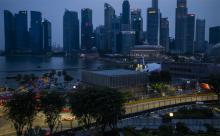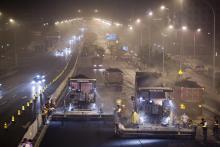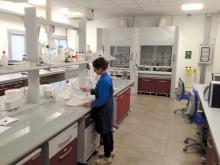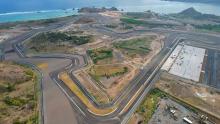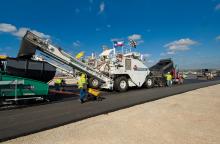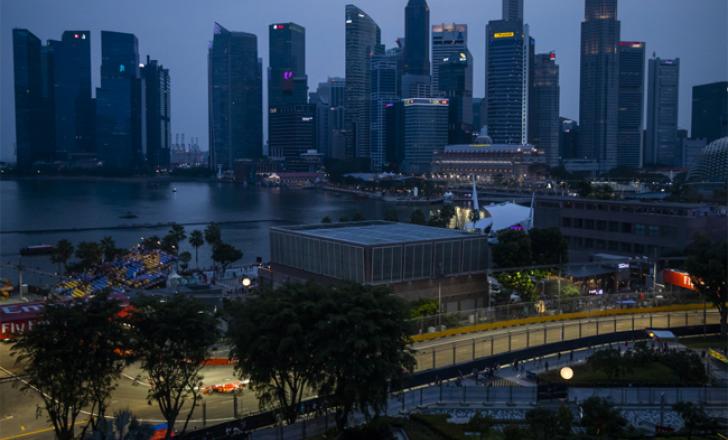
Nearly a decade on from when Singapore’s Formula 1 (F1) track was first laid,
The Federation Internationale de l’Automobile (FIA) sets stringent standards for the performance of its tracks, which are made even more challenging given Singapore’s climate. The road surface must remain constant, despite temperatures of up to 30oC and humidity levels above 70%.
The 5km Marina Bay Street Circuit, which saw the first ever night-time race back in 2008, must withstand the rigours of everyday traffic as well as the occasional impacts of F1 racing cars travelling at over 300kph and braking around its 23 turns.
Shell Cariphalte was selected for the task because it has been designed to resist extreme heat, rutting, cracking, stripping and ageing. Its tough three-dimensional polymer network gives increased stiffness at high temperatures and low stiffness at low temperatures, increasing the performance range of the pavement and reducing the risk of cracking which is common for surfaces under high stress, says Shell Bitumen.
The resurfacing work, carried out by contractor United E&P, involved laying new asphalt around several of the turn areas. There were also minor changes to Turn 16 and 17, according to motorsport websites, which have been realigned, resulting the in length of the course being reduced by 2m to 5.063km. The work was carried out during the night, when there is less traffic, to minimise disruption.

